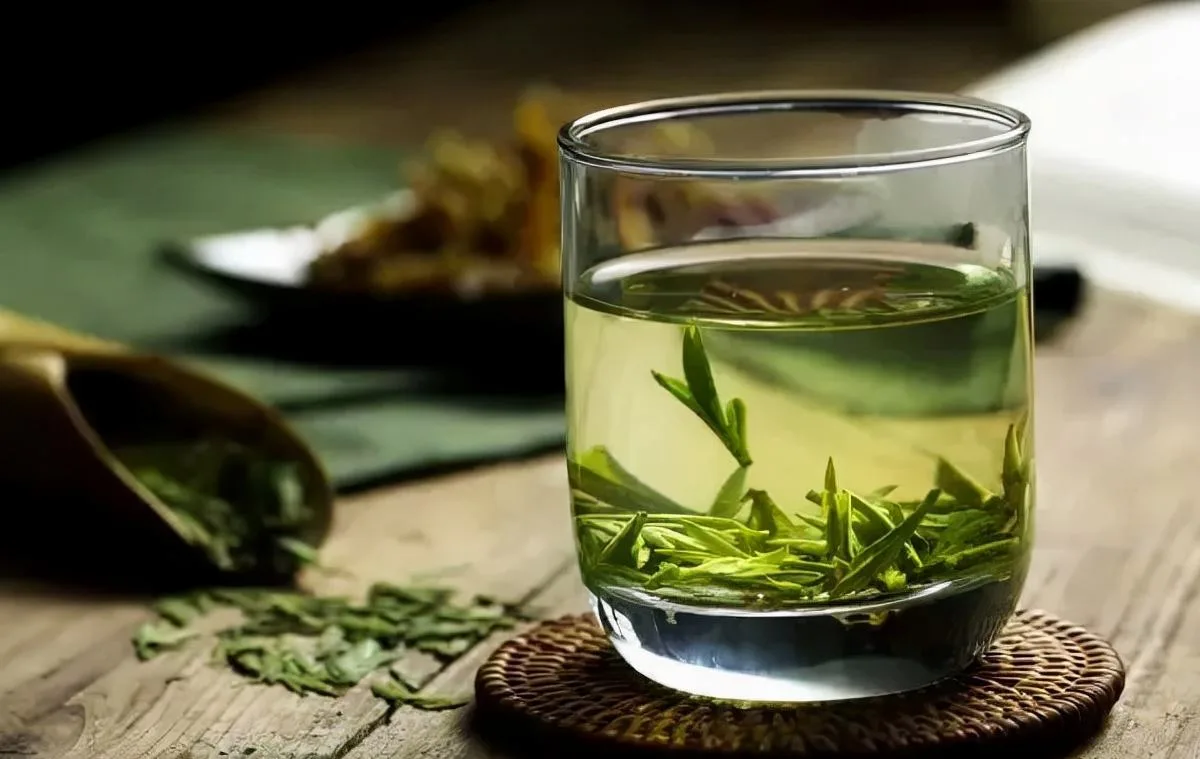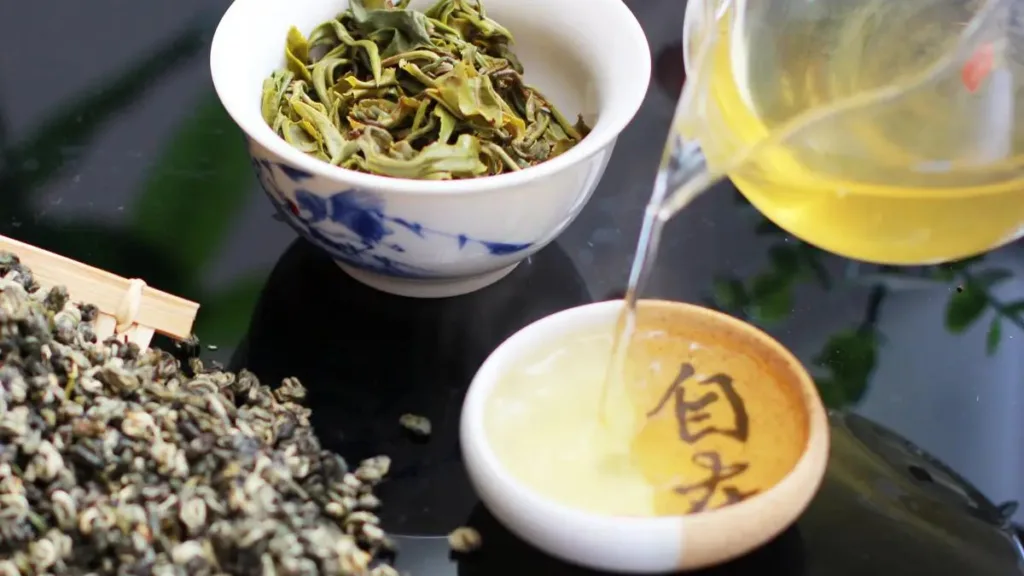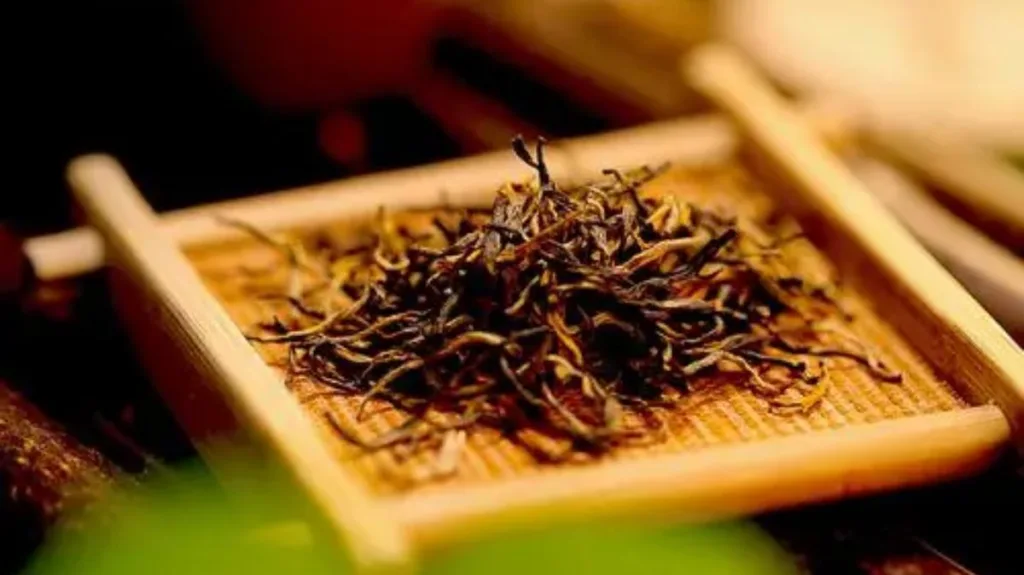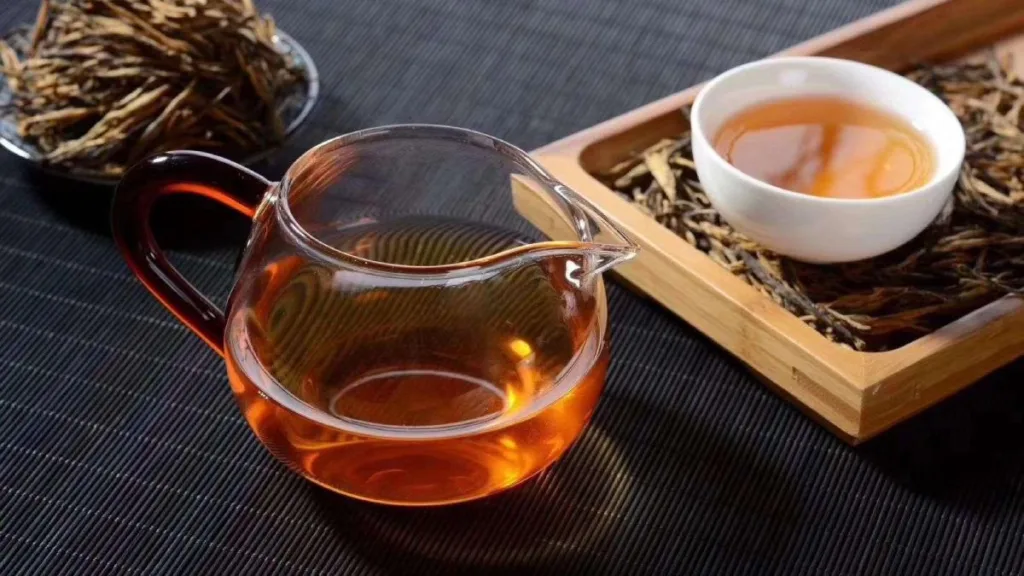The debate over whether it’s better to drink strong or weak Chinese green tea has been ongoing. From a scientific perspective, there is a certain relationship between the concentration of tea and its impact on health. However, whether stronger or weaker tea is preferable depends on personal taste and experience.
Firstly, the beneficial components of green tea, such as catechins and caffeine, play a significant role in promoting health. Catechins possess antioxidant, anti-inflammatory, and antibacterial properties, while caffeine can boost alertness and improve blood circulation. Moderate intake of these compounds can enhance metabolism and regulate bodily functions. However, excessive consumption can lead to adverse reactions.
Secondly, the concentration of tea affects its taste. Some individuals prefer their tea stronger, believing that this allows them to fully experience the flavor and aroma of the tea. Nevertheless, highly concentrated tea with elevated levels of caffeine and catechins can result in a harsh, overpowering taste and place added stress on the body. Consuming strong tea in the evening, for instance, due to its excessive caffeine content, can lead to insomnia, particularly in individuals with conditions such as tachycardia, hypertension, gastric pain, or constipation.
On the other hand, some people prefer milder tea, as they believe it allows them to savor the subtleties of the tea’s taste and aroma. Light tea, when combined with honey, can serve as a refreshing and thirst-quenching beverage that is gentle on the throat. However, tea with lower levels of catechins and caffeine may result in a bland taste and impact the body’s metabolism and regulation.
Finally, international research findings suggest that a moderate intake of catechins and caffeine is beneficial to the body. Appropriate levels of these compounds can enhance metabolism and help regulate bodily functions, while excessive consumption can lead to adverse effects. Therefore, when choosing tea, one should prioritize quality over concentration. Personal taste preferences are also crucial, as different individuals have varying preferences for tea strength. Thus, one should select tea that suits their taste.
Interestingly, some premium green teas may seem less strong when consumed. Inexpensive green teas are often bitter with a strong astringency, giving the impression of being strong. In contrast, high-quality teas have a lower bitterness and astringency, which makes them seem milder. From the perspective of tea components, the main factors influencing taste include:
- Catechins, which contribute to bitterness.
- Caffeine, which imparts a bitter taste.
- Theanine, which adds sweetness and freshness.
- Other aromatic compounds.
Therefore, more expensive green teas tend to have higher theanine content, resulting in increased sweetness and freshness, lower bitterness, and enhanced smoothness, which may make them appear milder.




